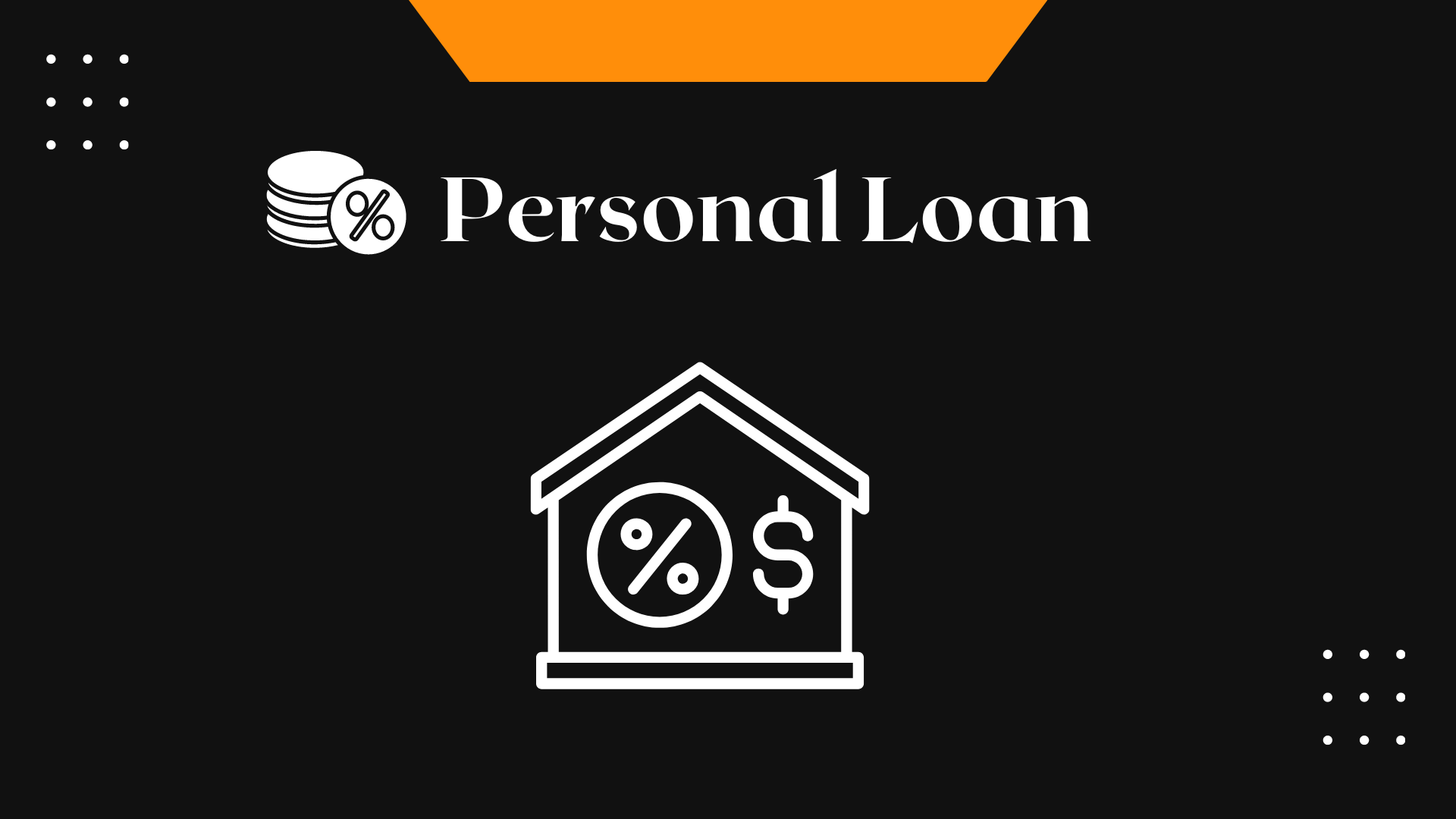Personal loans have become an increasingly popular way to achieve financial goals, whether you’re looking to consolidate debt, fund a home improvement project, or cover unexpected expenses. However, before you can enjoy the benefits of a personal loan, you need to understand the key to personal loan eligibility. In this blog, we’ll explore the factors that play a pivotal role in unlocking your access to personal loans and provide you with essential insights to improve your chances of approval.
What is a Personal Loan?
A personal loan is a type of unsecured loan offered by banks, credit unions, and online lenders. Unlike secured loans (such as mortgages or auto loans), personal loans don’t require collateral, meaning you won’t need to pledge any of your assets. They typically come with fixed interest rates and fixed monthly payments, making them an attractive option for borrowers looking for predictability in their finances.
The Significance of Personal Loans
Personal loans can be used for various purposes, making them a versatile financial tool:
-
Debt Consolidation: Combine high-interest debts into one, potentially lowering your overall interest costs and simplifying your debt repayment.
-
Home Improvement: Use personal loans to finance renovation projects and enhance the value of your home.
-
Medical Expenses: Address unexpected medical bills or elective treatments without depleting your savings.
-
Education: Pay for tuition, textbooks, or other educational expenses to invest in your future.
-
Travel: Fulfill your travel dreams by financing a vacation or adventure.
-
Emergency Expenses: Tackle unforeseen emergencies like car repairs, home repairs, or unexpected job loss.
The Key to Personal Loan Eligibility
To secure a personal loan, you must meet specific eligibility criteria set by lenders. While these criteria can vary from one lender to another, there are common factors that influence your eligibility:
-
Credit Score: Your credit score is a critical factor in determining eligibility. Lenders often prefer borrowers with good or excellent credit scores, which reflect their creditworthiness and ability to repay the loan.
-
Income: Lenders need assurance that you have a stable income source to meet your loan obligations. Your income level and employment history are vital considerations.
-
Debt-to-Income Ratio (DTI): Lenders evaluate your DTI to gauge your capacity to manage additional debt. It’s calculated by dividing your monthly debt payments by your monthly income.
-
Employment Stability: A consistent job history and stable employment can enhance your eligibility, demonstrating your financial reliability.
-
Residency and Citizenship: Most lenders require borrowers to be legal residents or citizens of the country where they’re applying for a loan.
-
Age Requirement: You must meet the minimum age requirement specified by the lender, which is typically 18 or older.
-
Loan Purpose: Some lenders offer specific loan products designed for particular purposes (e.g., medical loans or education loans). Ensure your intended use aligns with the lender’s offerings.
Tips to Improve Your Eligibility
If you’re concerned about meeting these criteria, here are some actionable steps to enhance your chances of approval:
-
Check Your Credit Report: Review your credit report for errors and work on improving your credit score over time.
-
Reduce Existing Debt: Pay down existing debt to lower your DTI, demonstrating responsible financial management.
-
Boost Your Income: Seek opportunities to increase your income or consider adding a co-borrower with a higher income to your application.
-
Maintain Employment Stability: Stay in your current job or secure stable employment before applying for a personal loan.
-
Select the Right Lender: Research various lenders and their specific eligibility requirements, as some may be more flexible than others.
-
Gather Documentation: Make sure you have all necessary documents, such as pay stubs and bank statements, ready for your loan application.
The Application Process
Once you understand the eligibility criteria and have taken steps to enhance your eligibility, it’s time to initiate the personal loan application process. This typically involves the following steps:
-
Prequalification: Some lenders offer prequalification, which provides an estimate of the loan amount and interest rate you may qualify for without affecting your credit score.
-
Application Submission: Complete the formal application with the lender, providing all required information and documentation.
-
Credit Check: The lender will conduct a credit check to evaluate your creditworthiness.
-
Loan Offers and Terms: If approved, you’ll receive loan offers with specific terms, including the interest rate and repayment schedule.
-
Acceptance: Carefully review the loan offers and choose the one that best aligns with your needs.
-
Funding: Once you accept the offer, the lender will disburse the funds to your designated bank account.
-
Repayment: Make timely monthly payments according to the agreed-upon terms.
Conclusion
Unpacking the key to personal loan eligibility is a crucial step towards attaining your financial goals. By understanding these requirements, you can navigate the application process with confidence. Remember to proactively take measures to enhance your eligibility, select the right lender, and choose a loan that suits your objectives. With a personal loan, you can take charge of your finances and pave the way to achieving your financial dreams.





